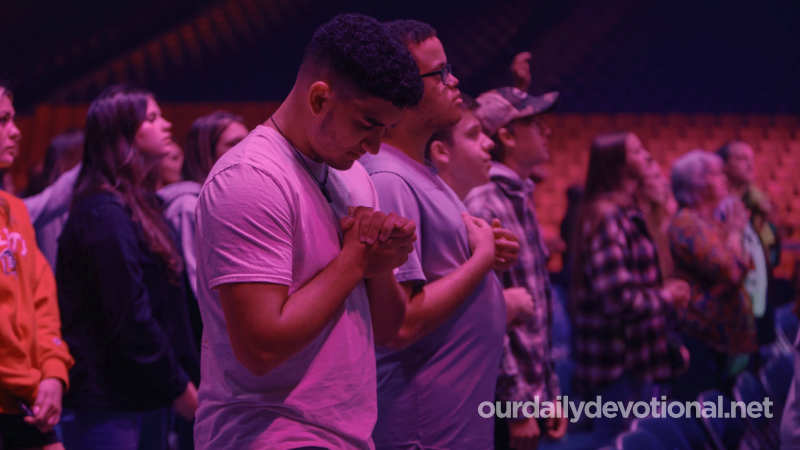"Jehovah lifts up."
(a, b, c) Name of a Benjamite and two Gadites who joined David in Ziklag (1 Chr. 12:4, 10, 13).
(d) Head of a family of the tribe of Manasseh, east of the Jordan (1 Chron. 5:24).
(e) Man from Libna, father of Hamutal, the wife of King Josiah and mother of King Jehoahaz (2 Kings 23, 30, 31).
(f) Son of Habasinías and father of Jaazanías. rechabitate (Jer. 35:3).
(g) One of the chief priests who returned from Babylon with Zerubbabel (Neh. 12:1, 7). A patriarchal family carries his name to the next generation (Neh. 12:12).
(h) Priest, undoubtedly head of a patriarchal house; he put his seal on the covenant made by those who kept themselves separate from foreign peoples, in order to follow the Law of God (Neh. 10:2).
(i) The prophet Jeremiah.
The son of a priest named Hilkiah, of Anathoth, in the territory of Benjamin (Jer. 1:1), Jeremiah was called by a vision to the exercise of the prophetic ministry. He was then a young man aware of his lack of maturity, experience and eloquence.
The Lord stretched out his hand, touching Jeremiah's mouth, and giving him divine words. He gave him power over nations and kingdoms, to uproot and destroy, ruin and overthrow. but also to build and plant.
The Lord informed him that he would be the object of violent opposition from the chiefs, the priests, and the people. but that his adversaries would not prevail over him (Jer. 1:4-10). Jeremiah began prophesying in the thirteenth year of Josiah's reign, and continued until the capture of Jerusalem in the fifth month of the eleventh year of Zedekiah (Jer. 1:2, 3). Thus, the public ministry of the prophet was:
18 years under Josiah,
3 months under Jehoahaz,
11 years under Jehoiakim,
3 months under Joaquín,
11 years and 5 months under Sedecías, for a total of 41 years. And after this he did not abandon his prophetic ministry (Jer. 42-44).
The men of Anathoth, his hometown, were among his first adversaries. They threatened to kill him if he continued to prophesy.
Jeremiah continued to do so, despite the persecutions, but suffered cruelly from the opposition against the work of the Lord from his fellow citizens, members of the chosen people. The prophet refers to divine judgment (Jer. 11:18-23; 12:3).
The hostility, which began at Anathoth, became widespread, once again raising the appeal for God's judgment (Jer. 18:18-23; cf. Jer. 20:12). Jeremiah remained faithful, despite slander and persecution.
In the fourth year of Jehoiakim's reign, Jeremiah dictated the prophecies that he had spoken during the previous twenty years; Baruch, the scribe, wrote them on a scroll. For a reason that is not given, Jeremiah was prohibited from going to the Temple.
Thus, he ordered Baruch to go with the scroll to the house of God, and to read the prophecies there before the people who came on the occasion of fasting. In the end, he ended up showing the scroll to the king who, having ordered some columns read to him, tore it with a penknife, and threw it into the fire (Jer. 36: 1-26).
The Lord commanded Jeremiah to immediately dictate a second scroll similar to the first, but with additions (Jer. 36:27-32). An enemy of Jeremiah, the priest Pashhur, who was governor of the Temple, had Jeremiah flogged and put in the stocks, but the next day he set him free (Jer. 20:1-3).
During the siege of Jerusalem, Jeremiah's prophecies announced the victory of the Chaldeans and the captivity of Judah; The Jewish authorities tried to consider them not from a religious point of view, but from a political and military point of view.
They claimed that these gloomy defeatist claims discouraged Jerusalem's defenders. When the Chaldeans raised the siege in order to go to battle the Egyptian expeditionary troops that came to the aid of Zedekiah, Jeremiah wanted to take advantage of the opportunity to leave the city and go to Anathoth.
Accused of deserting and wanting to go over to the Chaldeans, he was imprisoned (Jer. 37: 1-15), where he remained for a long time. King Zedekiah had him taken out and left him in the prison courtyard (Jer. 37:16-21), but soon the princes had him thrown into the bottom of an empty cistern, with the bottom full of mud, to let him die. there (Jer. 38:1-6).
An Ethiopian eunuch took pity on Jeremiah, and obtained permission from the king to take him out of there and return him to the prison yard; The prophet was there when Jerusalem was taken (Jer. 38:7-28).
The Chaldeans considered that Jeremiah had suffered for them, and Nebuchadnezzar gave orders to watch over him. Nebuzaradan, having given him provisions and gifts, placed him under the protection of Gedaliah, whom Nebuchadnezzar had appointed governor of Judah (Jer. 39:11-14; 40:1-6).
When Gedaliah was murdered by Ishmael, Jeremiah exhorted the Jews not to go to Egypt, but all to no avail. They left for Egypt, forcing Jeremiah to follow them (Jer. 41:1; 43:7). Jeremiah delivered his last predictions at Tahpanhes, in the land of Egypt (Jer. 43:8-44:30). Neither the date nor the circumstances of his death are known.
Meaning of JEREMIAH
"Jehovah lifts up."
(a, b, c) Name of a Benjamite and two Gadites who joined David in Ziklag (1 Chr. 12:4, 10, 13).







